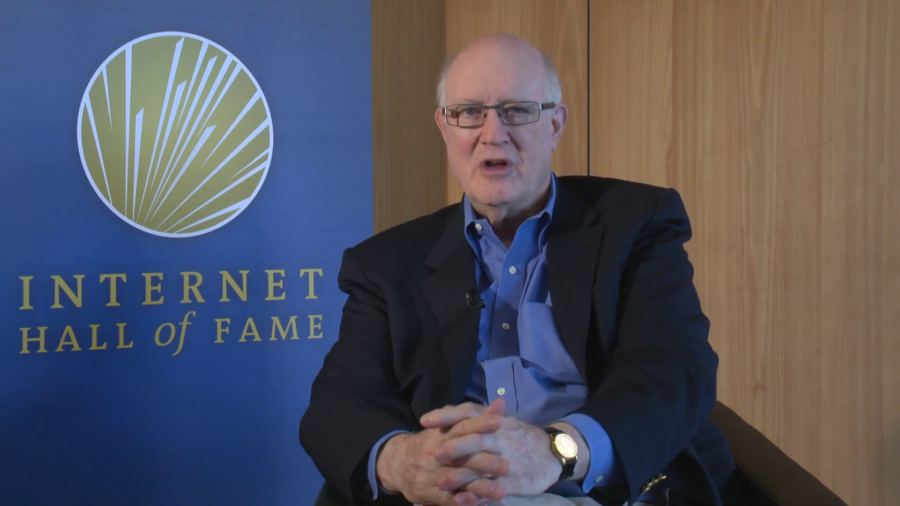I’ve been involved with the Internet Society for virtually its entire life. Years ago, I had the good fortune to be involved with the early days of the ARPANET and played a small role in helping build some of the technology, and in building some of the social structures that brought everybody together.
Archive (Page 1 of 3)
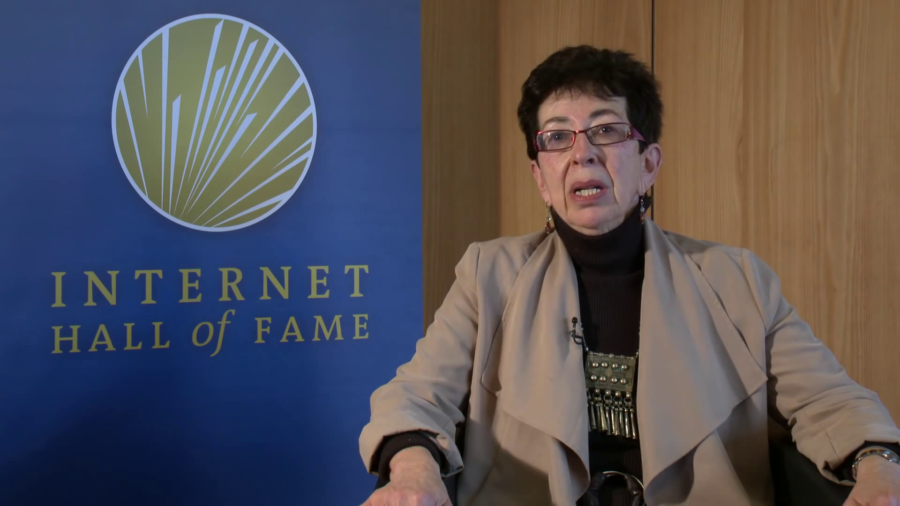
I think my proudest achievements were to be able to set up and launch the first program at the United Nations to promote information technology in a region. And the region was of course Africa.
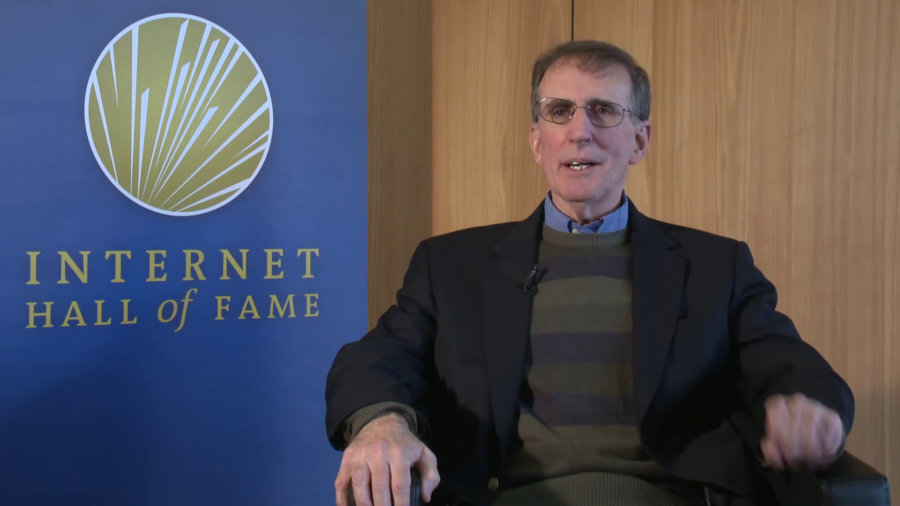
I got involved with networking sometime in the late 70s, mainly because I was looking around and discovering that people were getting into networking, email. And at the time I was department chair at University of Wisconsin, the computer science department, and was trying to understand what those capabilities would do for our faculty and students.
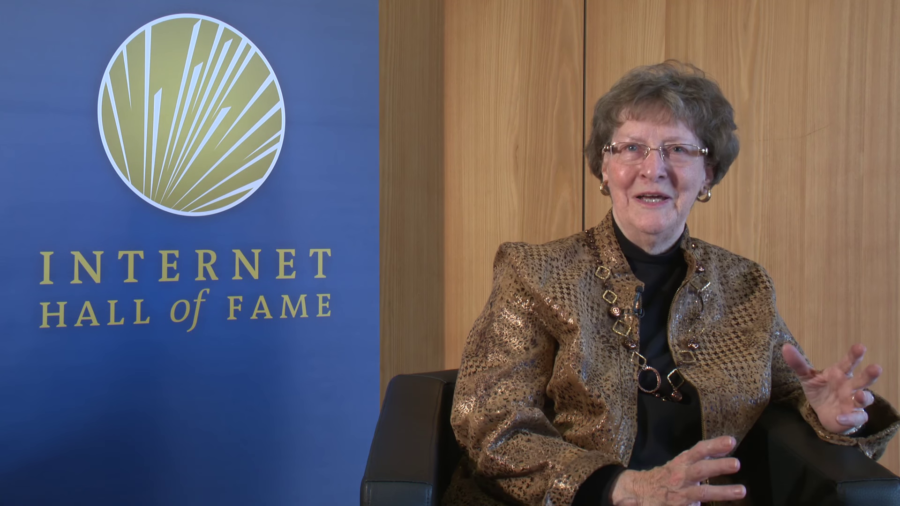
I’m Elizabeth Feinler, usually known as “Jake.” That’s my nickname. And I ran the contract for the Network Information Center on both the ARPANET and the Defense Data Network back in the 70s and 80s.
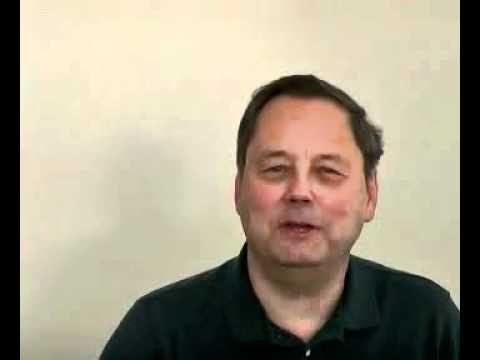
One of the things I’d like to see is people have been building new capabilities on top of the DNS for many years now. And I’m hoping to see in the future that we see three or four more people that have built advanced security or other features on top of this infrastructure.
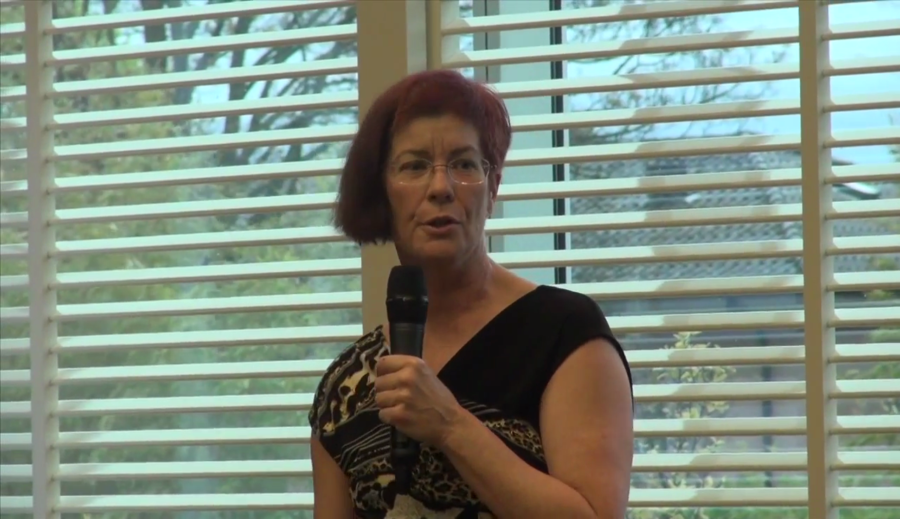
The thing that always amazed me about [the Internet] is that it was just there. It wasn’t a giant announcement. It wasn’t a person. It wasn’t an organization. It was just there.
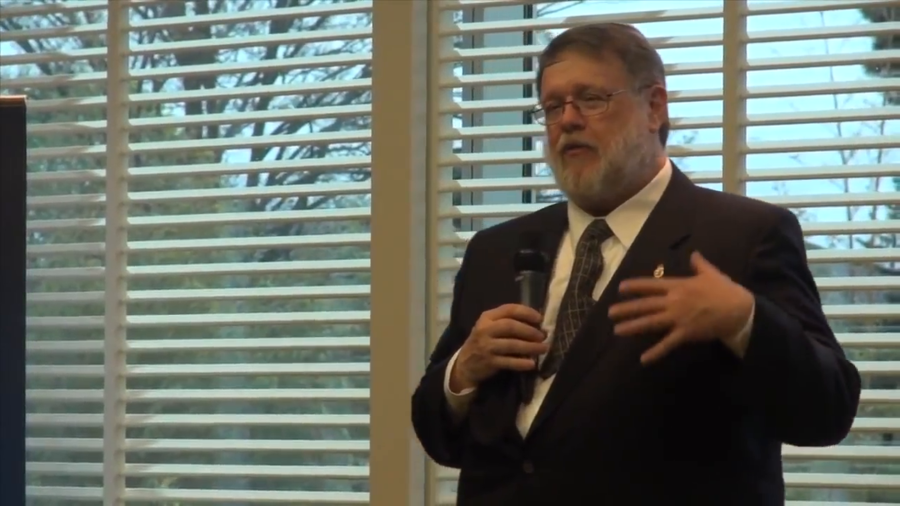
The email @-sign, all that business, sort of never came to light until about 1994, at which point somebody asked “Where did email come from?”
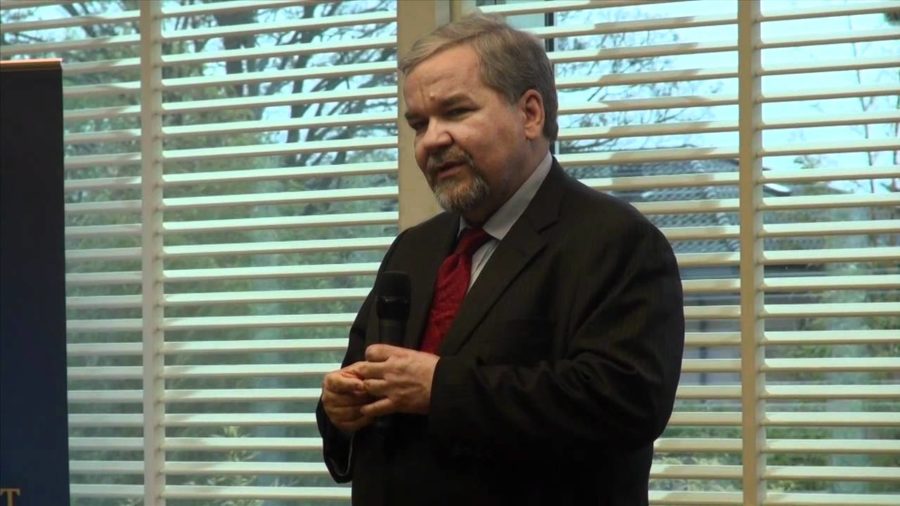
PGP Started out as a human rights project. At the time, there was no way for ordinary people, as opposed to governments or sufficiently resourced institutions—there was no way for ordinary people to communicate securely over long distances without the risk of interception. And so PGP was to change that.
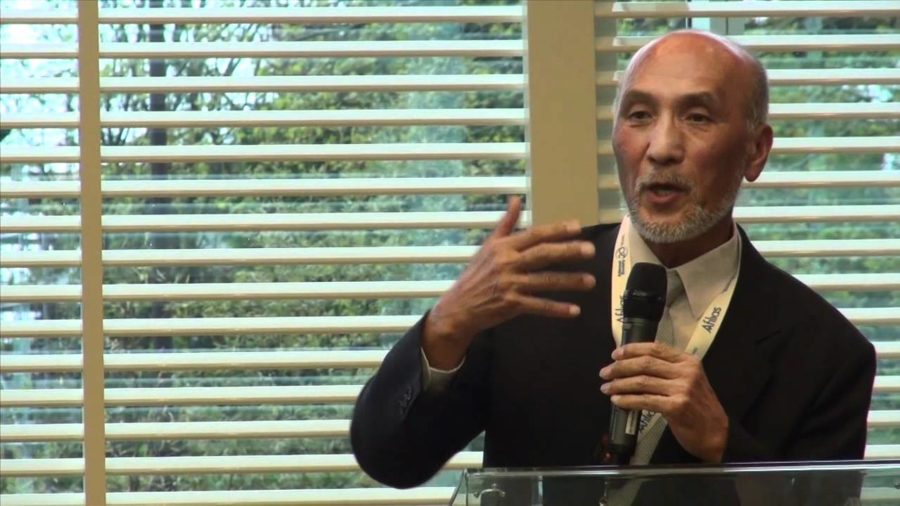
When you move out of this room, you cannot use the Internet anymore. Then what would you do? Today, we have two billion people, including us, who can access the Internet. Then there is just simple math. There’s five billion people who don’t have access to the Internet. That’s my concern.
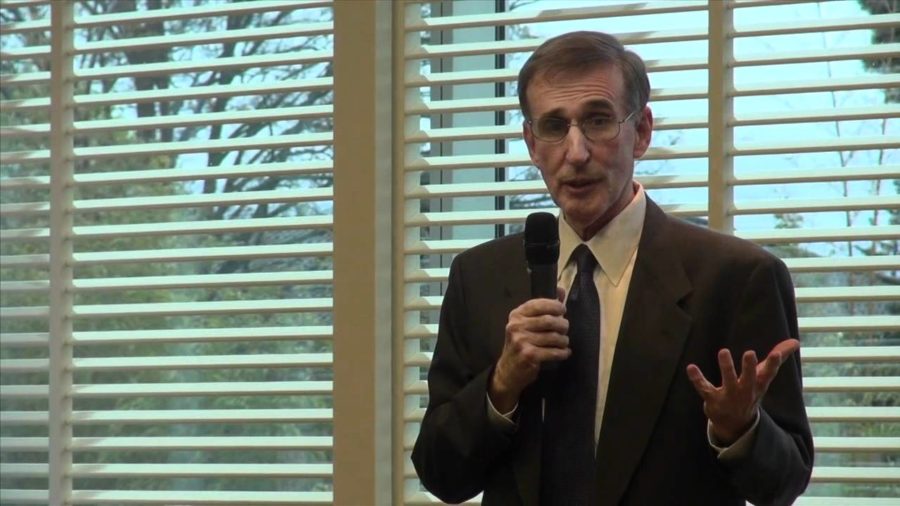
My involvement with networks started in the late 70s. In fact, 1977 I was happily proving theorems in computational complexity, Petri nets, and at that point I’d learned about email and I learned about the ARPANET and realized for the first time that there was a real-world part of computer science, and not just proving theorems.

